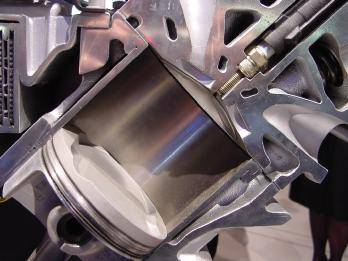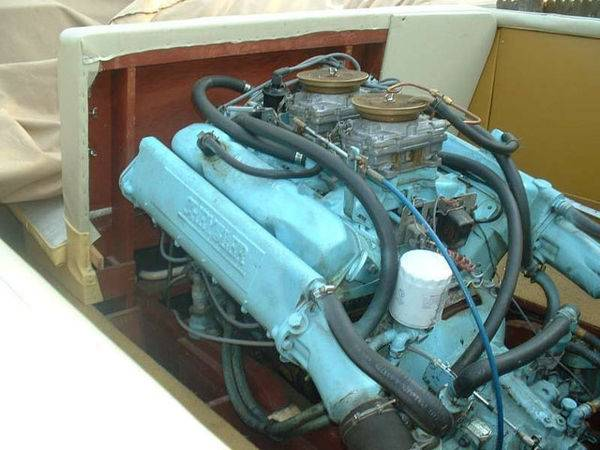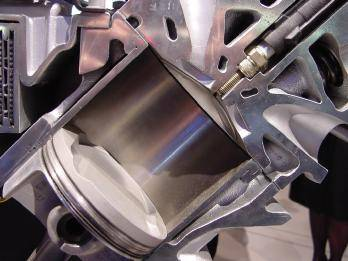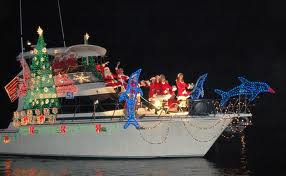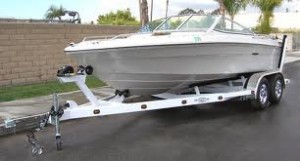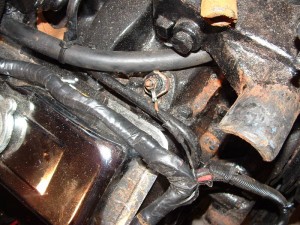Yamaha Outboard Maintenance Tips
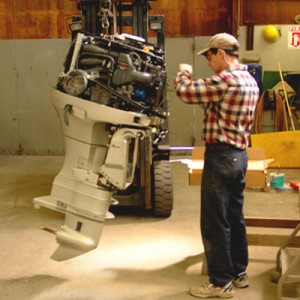 When it comes to keeping your watercraft in working order, there is a long maintenance check list. Today we’ll focus on two parts of that list: power trim and tilt fluid, and lubricants. Be sure to regularly inspect the lower unit to highlight issues. To prevent such issues from arising, keep the prop shaft well lubricated and top up levels of trim fluids. Yamaha products, like Performance Power, are preferable.
When it comes to keeping your watercraft in working order, there is a long maintenance check list. Today we’ll focus on two parts of that list: power trim and tilt fluid, and lubricants. Be sure to regularly inspect the lower unit to highlight issues. To prevent such issues from arising, keep the prop shaft well lubricated and top up levels of trim fluids. Yamaha products, like Performance Power, are preferable.
As far as lubricants, Yamalube 2-m oil or 4-m oil is recommended for two-stroke and fours-stroke engines, respectively. It is imperative that all replaced or repaired components be bedded correctly, and then sealed and protected with lubricant. Lubricating parts also aids in motion and can extend the life of an engine.


